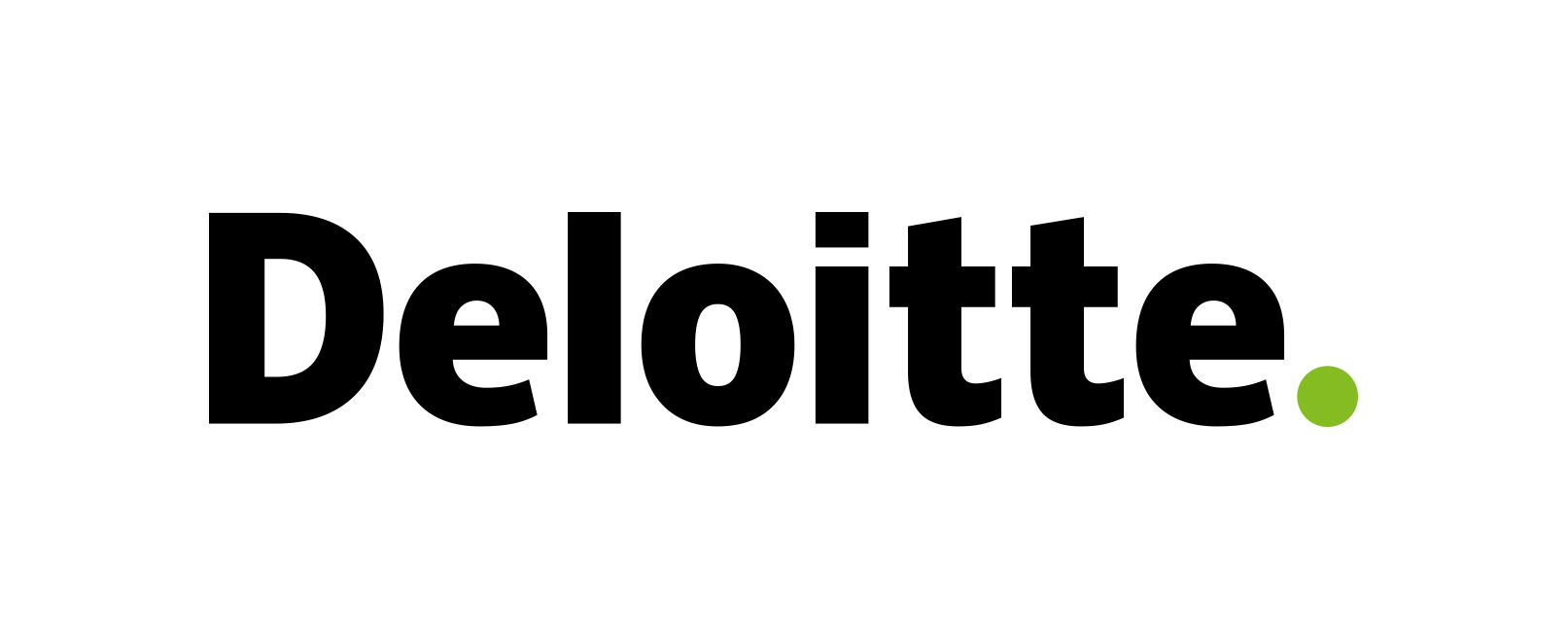Deloitte has published its 2021 Aerospace and Defence Outlook, giving the big picture outlook for industry after a torrid 2020.
John Coykendall, who leads the global aerospace and defence team for the professional services firm, spoke to FINN editor-in-chief Alan Peaford about the firm’s predictions for 2021.
Coykendall said the Outlook was written at the height of the Covid pandemic late last year. Now, nearly halfway through 2021, the year was playing out largely in alignment with the company’s predictions.
International travel will recover by 2025
Within commercial aerospace, Deloitte estimated passenger traffic would be down 40 per cent from 2019 levels, but significantly above 2020 levels with the Covid vaccine roll out helping the sector to recover. He said: “Based on the latest data, in places like the US with high levels of vaccination, we’re seeing quite a rebound in air travel. In the US, Transportation Security Administration data for the first half of May, shows that we’re down mid 30 per cent over the same period in 2019. So in line with, and maybe a bit better than we projected, but not strong in places where vaccine rates are lower. We still expect domestic travel to recover first by 2023 and international followed by 2025.”
While the drop in demand for travel has led to a drop in aircraft production impacting both OEMs and the supply chain, Deloitte’s Outlook forecast increases in production and deliveries and even further increases in narrowbody production.
While the commercial sector remains in the tentative stages of recovery, Coykendall said defence business was more stable. He explained: “Most countries have not significantly reduced defence budgets and remain committed to sustaining military capabilities. In fact, global defence spending grew 2.6 per cent in 2020, despite the pandemic-led slow down. As we turn to space, despite the ongoing pandemic, space remained a bright spot as launches increased, and we expect that to continue in 2021.”
Space – a “bright spot”
Coykendall said as funding increased and costs declined, the space industry was likely to experience increased opportunities, primarily in Satellite Broadband internet access, space services and exploration, which were expected to record strong growth in 2021.
One factor which the Outlook found had affected all sectors was supply chain challenges. Lower aircraft demand and restrictions on movement of goods and people led to a breakdown of many of A&D’s essential supply chains. Coykendall reported this had a particular impact on smaller suppliers, especially those with heavy exposure to commercial aerospace in the aftermarket business.
Supply chain issues remain a challenge
He added: “Suppliers that depend primarily on commercial aftermarket are likely to experience lower volumes for several years due to reduced flying hours, a glut of used serviceable material and inventory destocking. Moreover, the recent shortage of semiconductors could impact the aerospace and defence industry as these chips have several applications in aerospace and military systems including power management, avionics and defence systems.”
He added more work would need to be done to resolve these issues: “In 2021, we expect to see significant focus on understanding and reducing supply chain risk, which can be done using strategies such as onshore and vertical integration and increased cyber defence.”
But he also added there was a positive side to the pandemic’s disruption. “On the positive side, maybe a silver lining. This has given the supply chain a chance to catch up to allow for the insertion of technology upgrades where needed, and even investments in new production capabilities to take advantage of future growth. We’re seeing many companies investing in digital transformation and automation in their factories to be more efficient at a lower cost as demand returns.”
* Deloitte will be participating in FIA Connect 2021, the world’s only major digital trade event for the aerospace and defence industries, which takes place from July 13-15.


